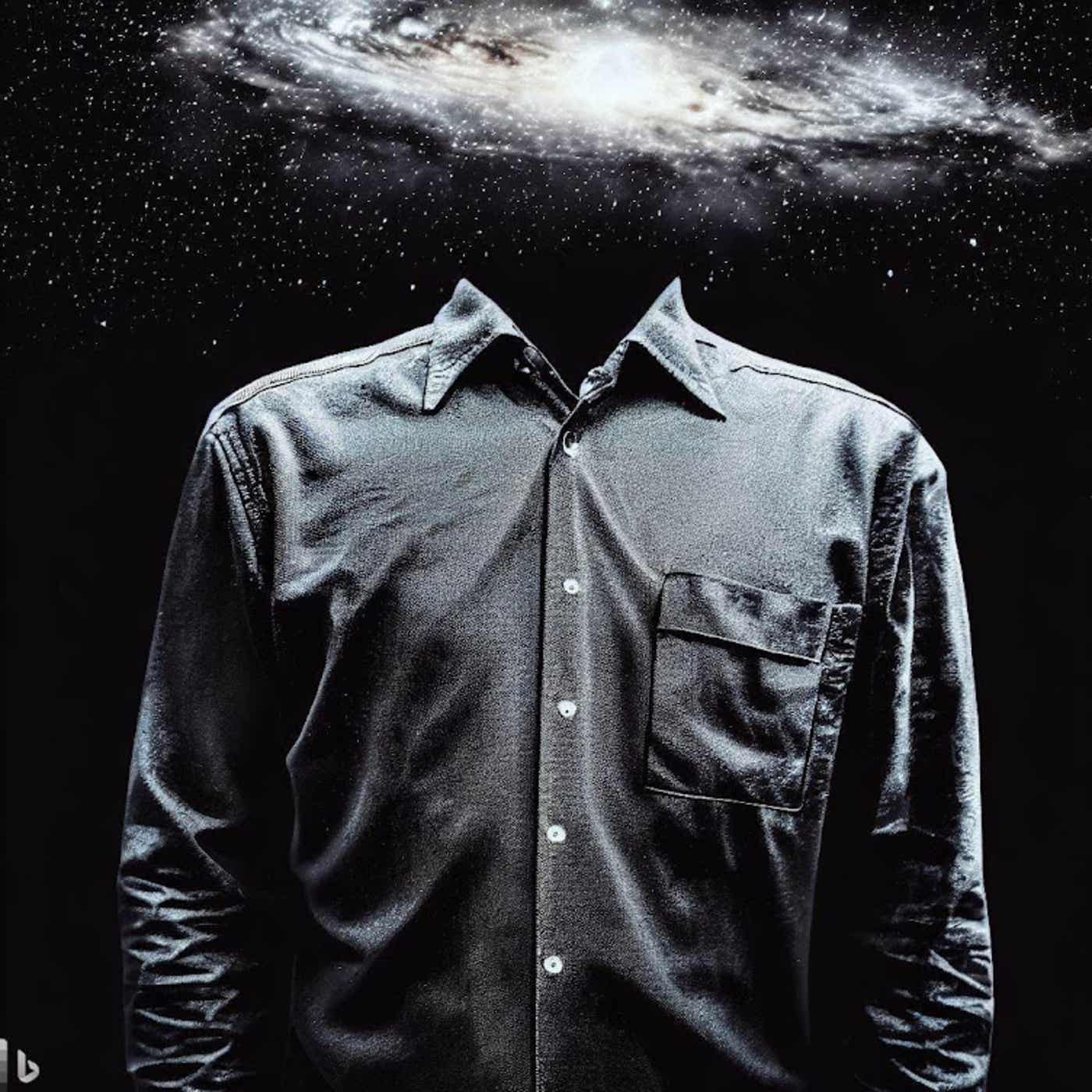Second Persons and the Constitution of the First Person
Description
If the sense of being a “me” is an illusion, where does it come from? That’s a topic that Professor Jay Garfield covers in today’s article called: Second Persons and the Constitution of the First Person. In the article, Garfield cites the work of developmental psychologist Vasudevi Reddy, who emphasizes the role of dyadic (two-way) interactions in infants and the way these interactions contribute to the development of self-understanding. Apparently, even before language develops, the interactions we have with other people creates a you-me relationship and hence the sense of “me” begins to develop.
Reflecting on this point of view, I do see how other third persons are like objects moving through the world - sights and sounds to be seen. But when those third persons turn their attention towards “me”, then the feeling arises of “what are you looking at?”. If I go looking for what they are looking at, all I see is the world along with the thought that I am looking at the world. So when it comes to duality, you and I are in this together.
This is a public episode. If you would like to discuss this with other subscribers or get access to bonus episodes, visit headlessdeepdive.substack.com
More Episodes
Philosopher Bernardo Kastrup takes the “hard problem of consciousness” and completely turns it inside out. Kastrup’s PhD dissertation titled Analytic Idealism: A consciousness-only ontology, argues that consciousness is fundamental. Everything supposedly “material” (including our bodies and...
Published 11/11/24
Published 11/11/24
In his article, On the Nature of Time, Stephen Wolfram describes the computational model he has for the universe and how that results in a new way to look at time. Wolfram is a physicist, computer scientist, author, inventor of Mathematica (software used by scientists and engineers) and Wolfram...
Published 11/09/24


